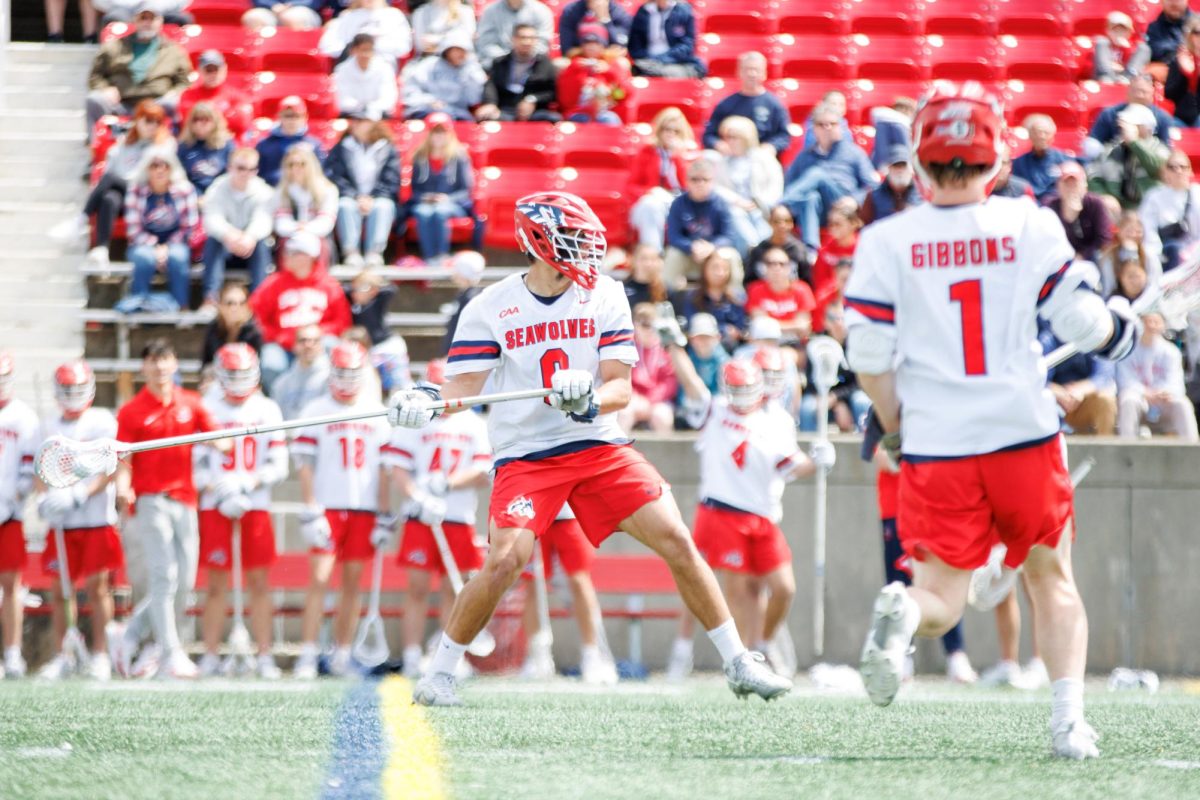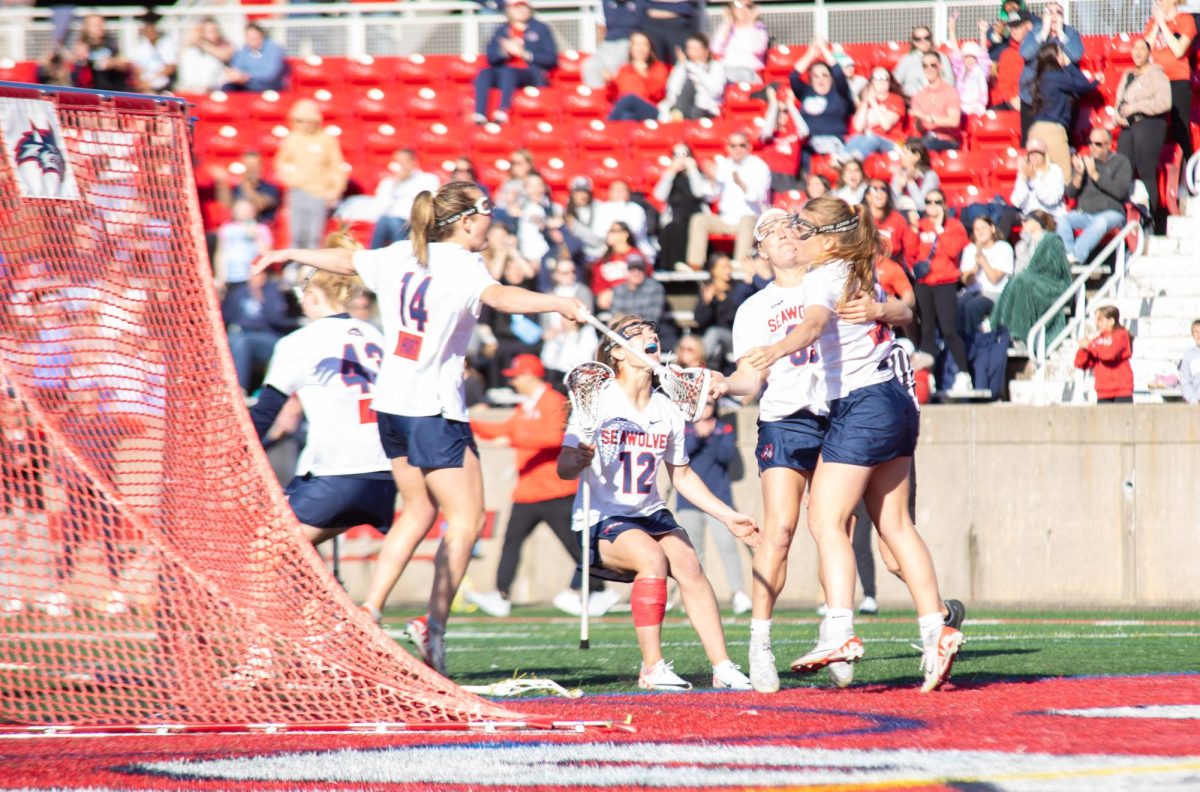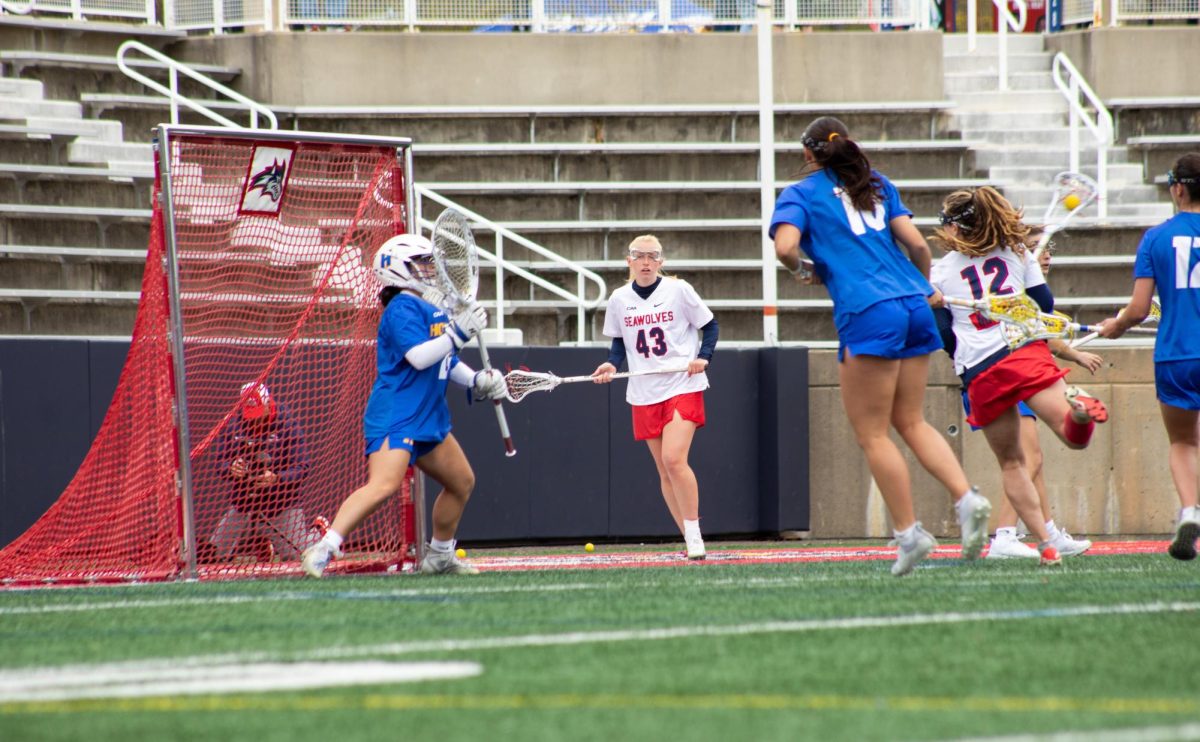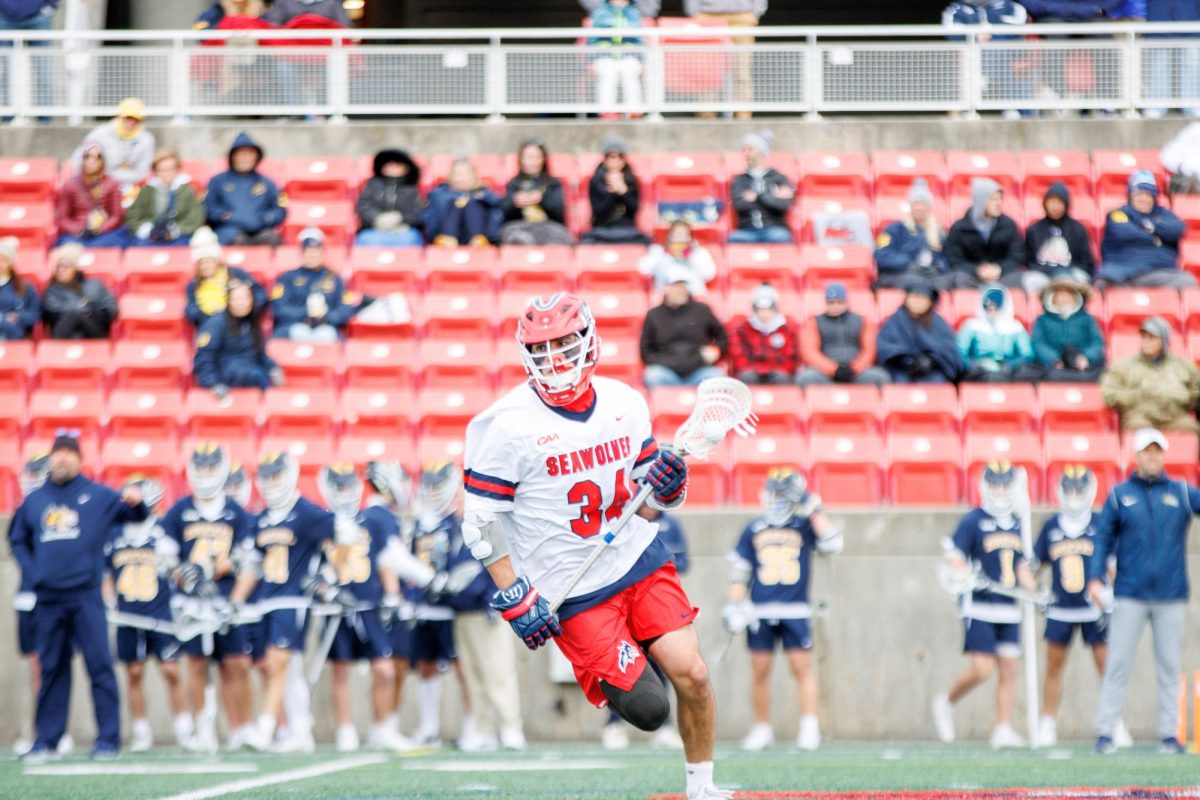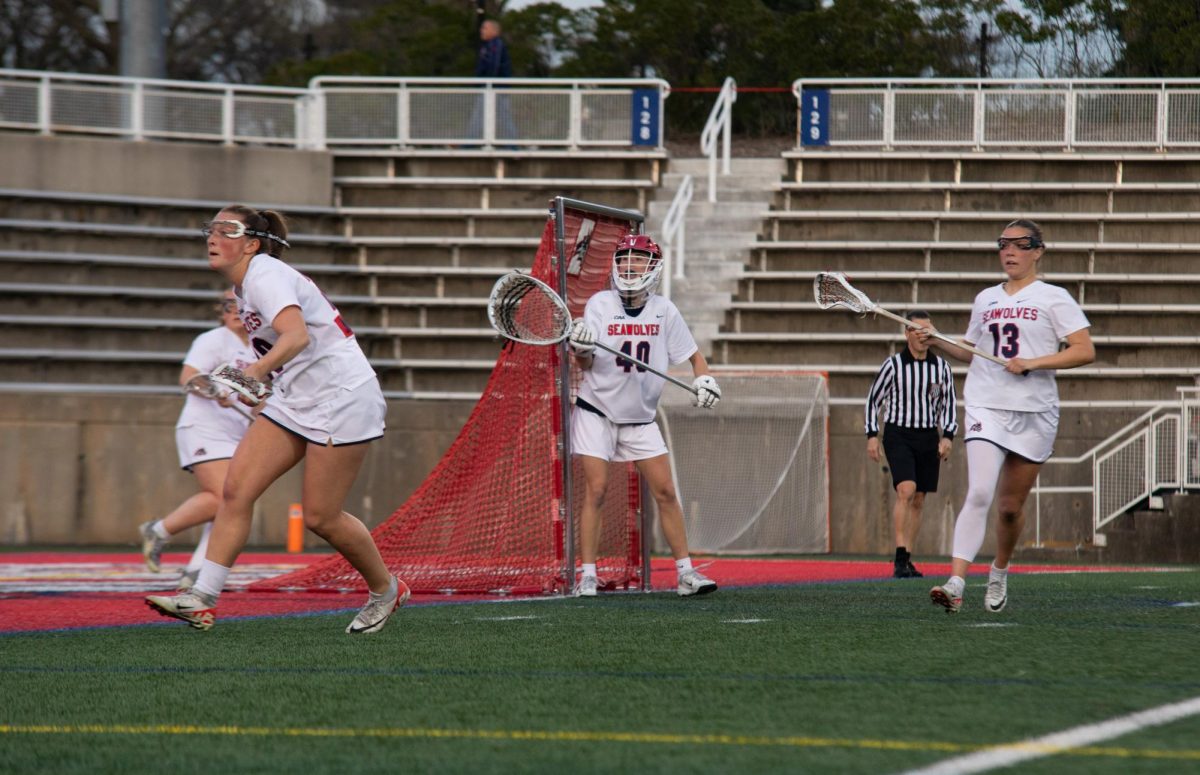
Jeremy Lin went from an undrafted free agent sleeping on his brother’s couch to a starter for the New York Knicks practically overnight. There is no question that Jeremy Lin is doing something incredible for basketball fans worldwide, and the Linsanity has continued to grow since he exploded onto the scene on February 4 against the New Jersey Nets.
Knicks point guard Baron Davis’ injury gave Lin his time to shine in early February, and since then he has proved to be the real deal.
In the previous 10 games, Lin has averaged 21.4 points and 9.2 assists. Lin’s story only gets more incredible because he has his degree from arguably the best Ivy League school in the nation, Harvard.
Only 21 percent of NBA players currently hold a college degree. Also, Lin is the first Asian-American to play in the NBA for more than a decade.
Lin is popular worldwide, and his jersey has been the #1 selling jersey in the NBA since February 4, with shipments going to places like Taiwan and Hong Kong.
Stony Brook University’s Asian population has grown 6 percent since 2008, and Asian students represented 20 percent of the campus residents.
Many of these students follow the sensation that is Jeremy Lin and appreciate what he is doing for the Asian community.
The Asian American E-Zine’s editor-in-chief Adam Sue, an English major whose family is from China, recognizes all that Lin is doing for basketball and the Asian community.
“He’s essentially playing into the Asian stereotype while simultaneously breaking it,” Sue said, “The Asian and Asian-American community suffers from this disconnection between doing what your parents and culture tell you to do and doing what you really want to do. I hope Jeremy Lin can start to change that.”
Lin has proven so far to be a good role model.
He went to an Ivy League school, received his diploma in economics, and if his career in basketball does not last, he will have a prominent degree under his belt.
Stony Brook’s Asian American Journal mainaging editor sophmore Noah Kim thinks that Lin is capable of representing the Asian community as a whole with this recent burst of popularity and success.
“Since there aren’t many Asian athletes in mainstream American sports, when someone does do well they are representing a whole minority group,” said Kim. “I feel like I’m rooting for a friend even though I don’t know him personally, because of how close-knit the Asian-American community is.”
In Taiwan, where Lin’s parents are from, the Taiwanese media refer to him as the “Hao” kid, meaning “heroic” and “good.” Knicks games are being shown in schools in Taiwan, and Lin is slowly becoming an icon to the 23 million people that live on the island.
Asian fans in America have shown more of an interest in basketball and show their appreciation and admiration for Lin by showing up to his games, whether on the road or at home at Madison Square Garden.
“I was very lucky to have gone to a live game since the Lin sensation,” senior business Chinese business major Huan Lei said. “My aunt and her friends didn’t watch basketball until Lin. Now whenever there’s a game, it will become part of their daily conversation.”
Many Asians and Asian-Americans are excited about Linsanity, but other fans wish that it were less about him being Asian and more about him being a great basketball player.
“A lot of Asian people have a love of basketball, so I think it will help to appeal to them and basketball will grow, but I don’t really think it matters that he’s Asian,” 20-year-old business major Marc Lim whose parents descend are from China said. “I think he should be accounted more for his play than what he looks like.”
Whether it is for what he is doing for Asian communities or what he is doing for the NBA, there is no doubt that the Linsanity, for now, is here to stay.





